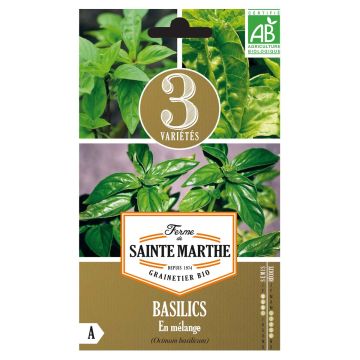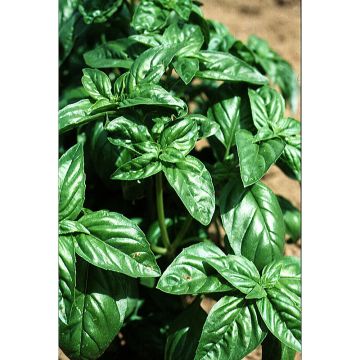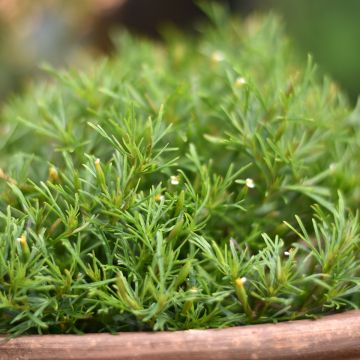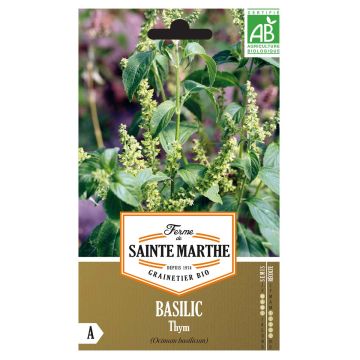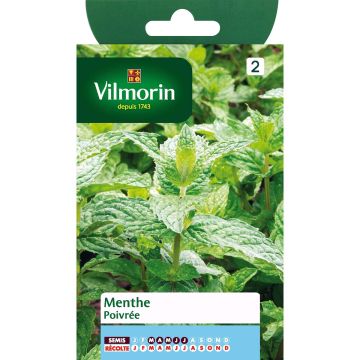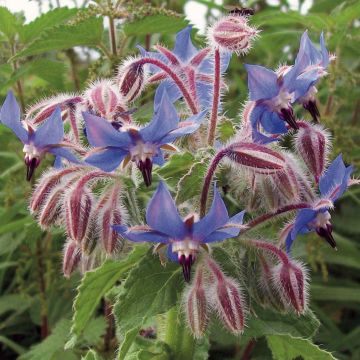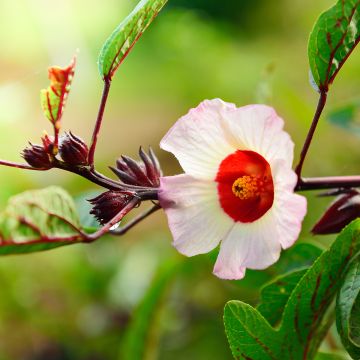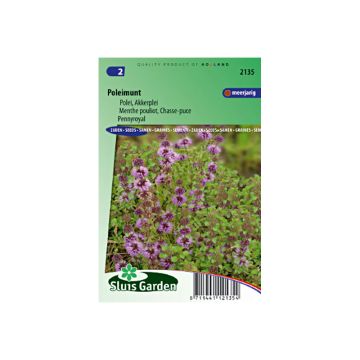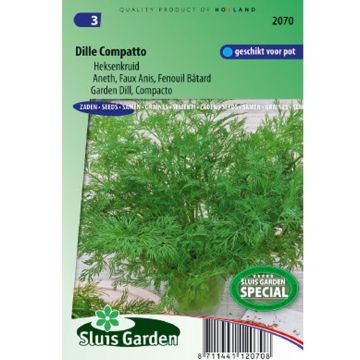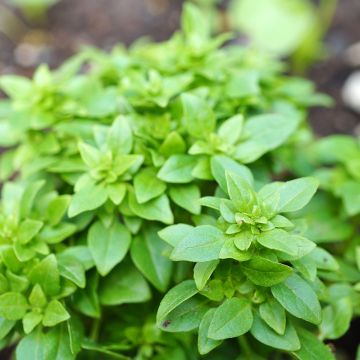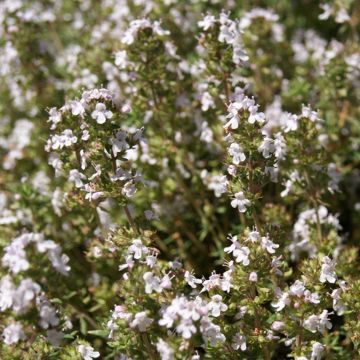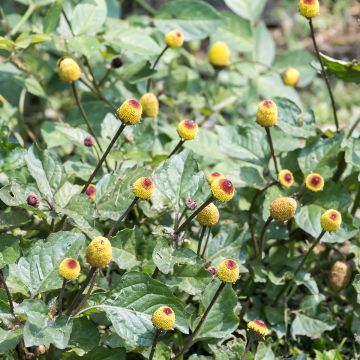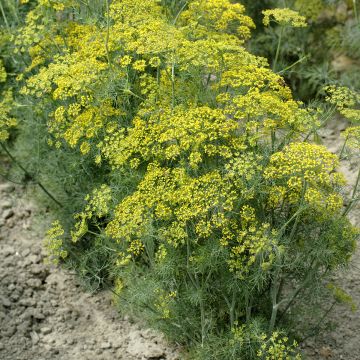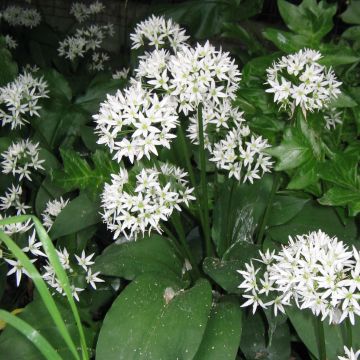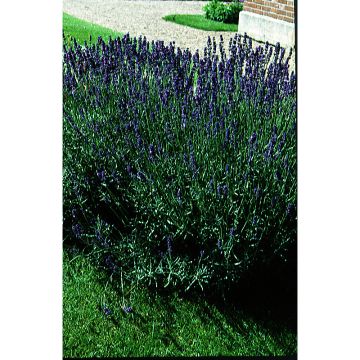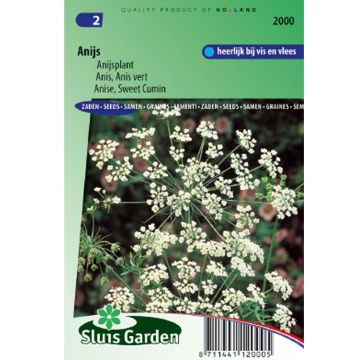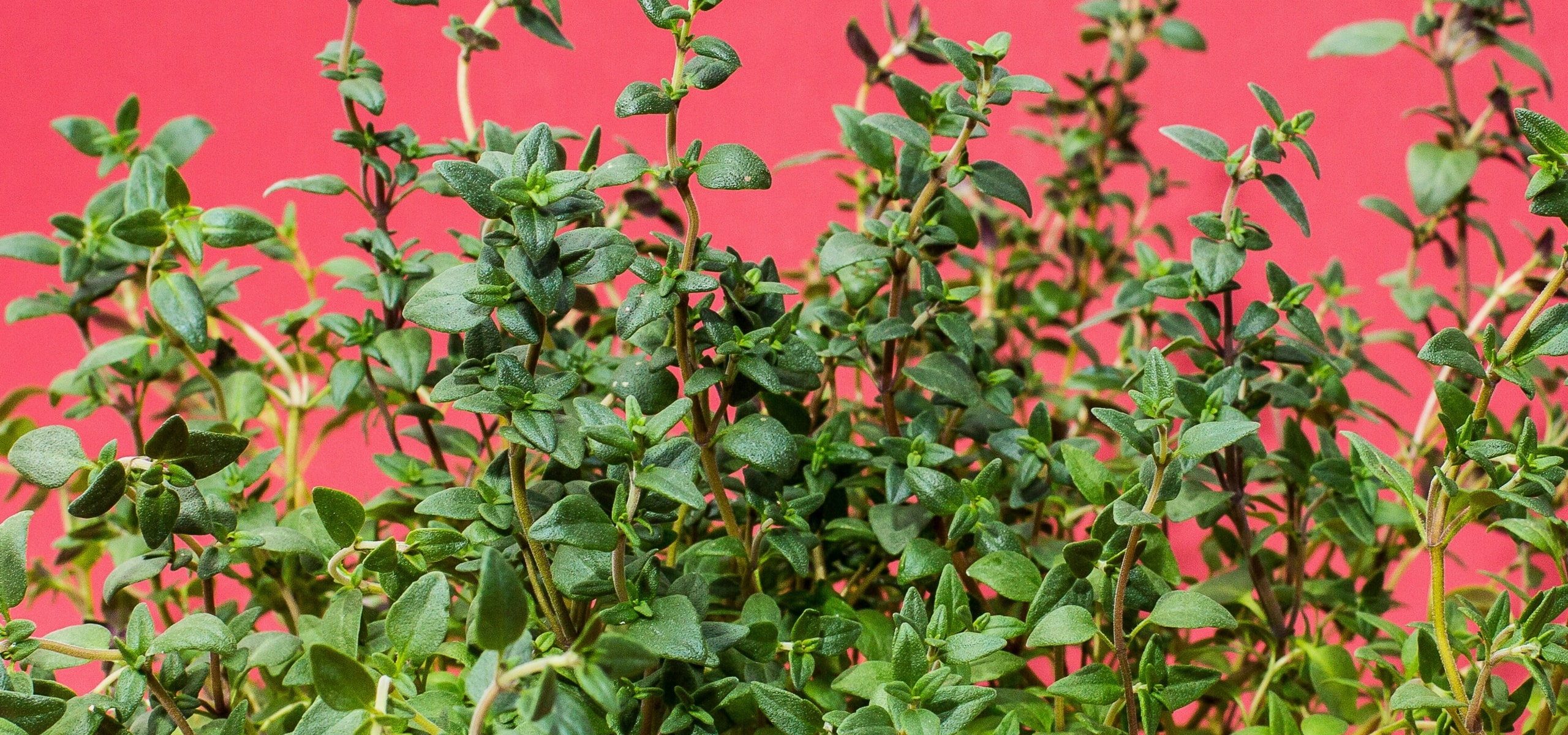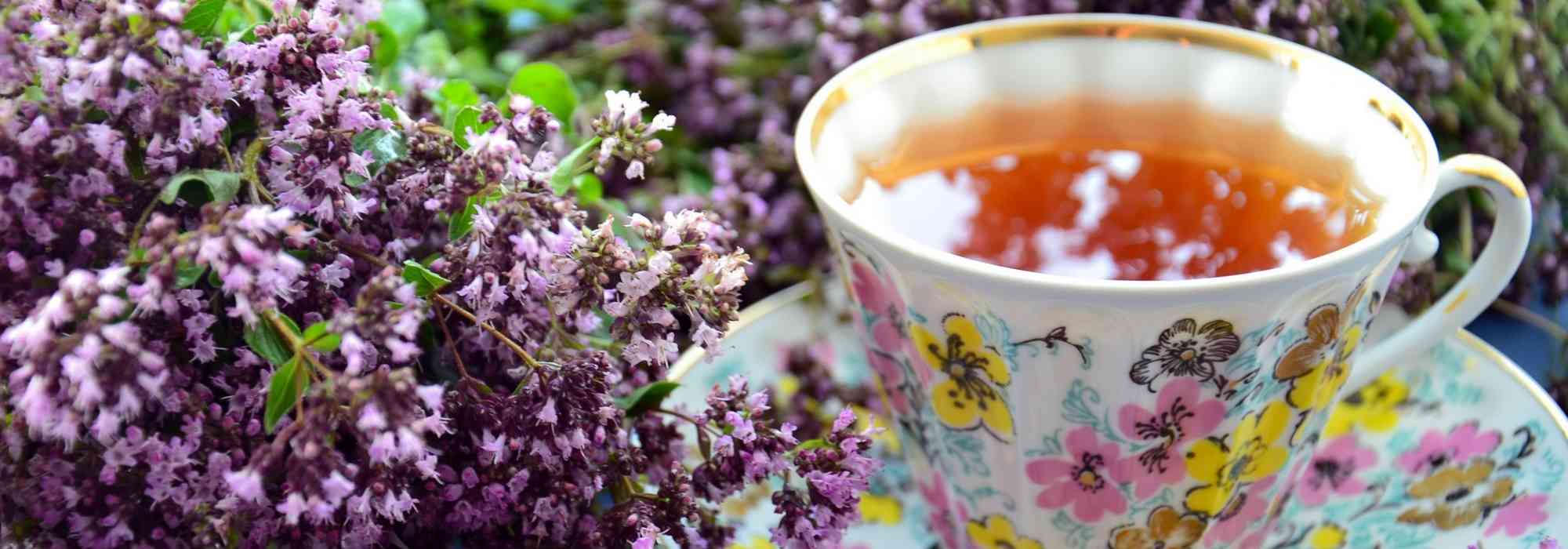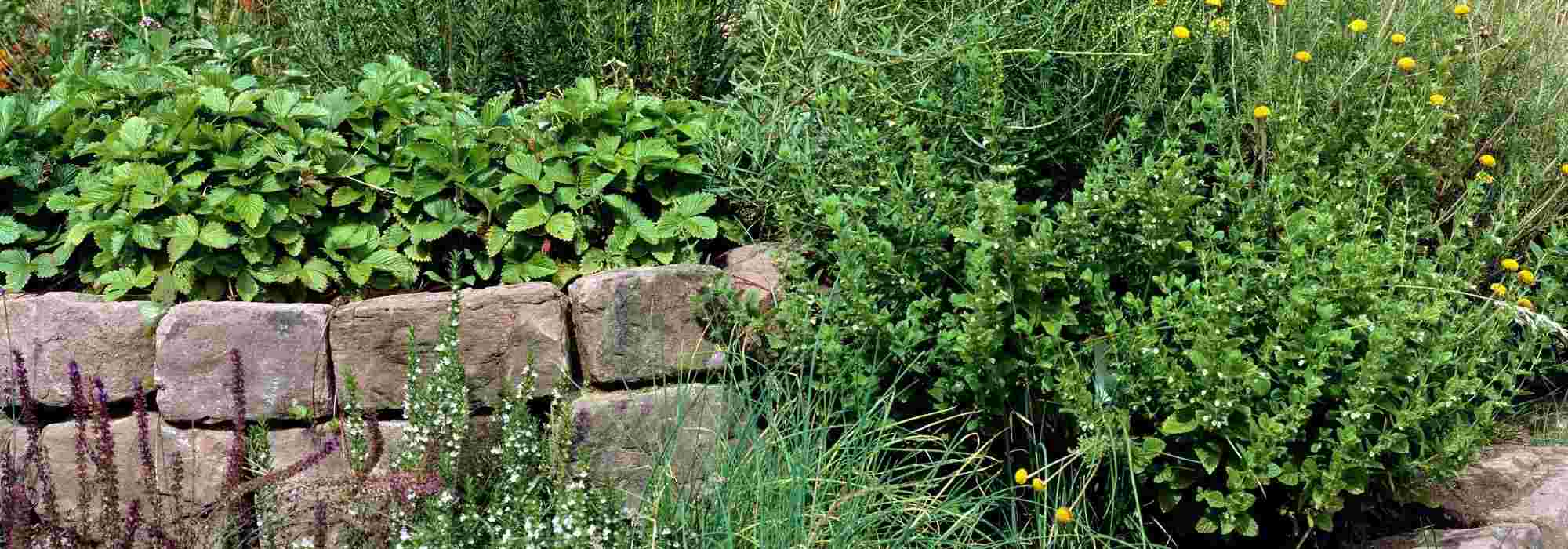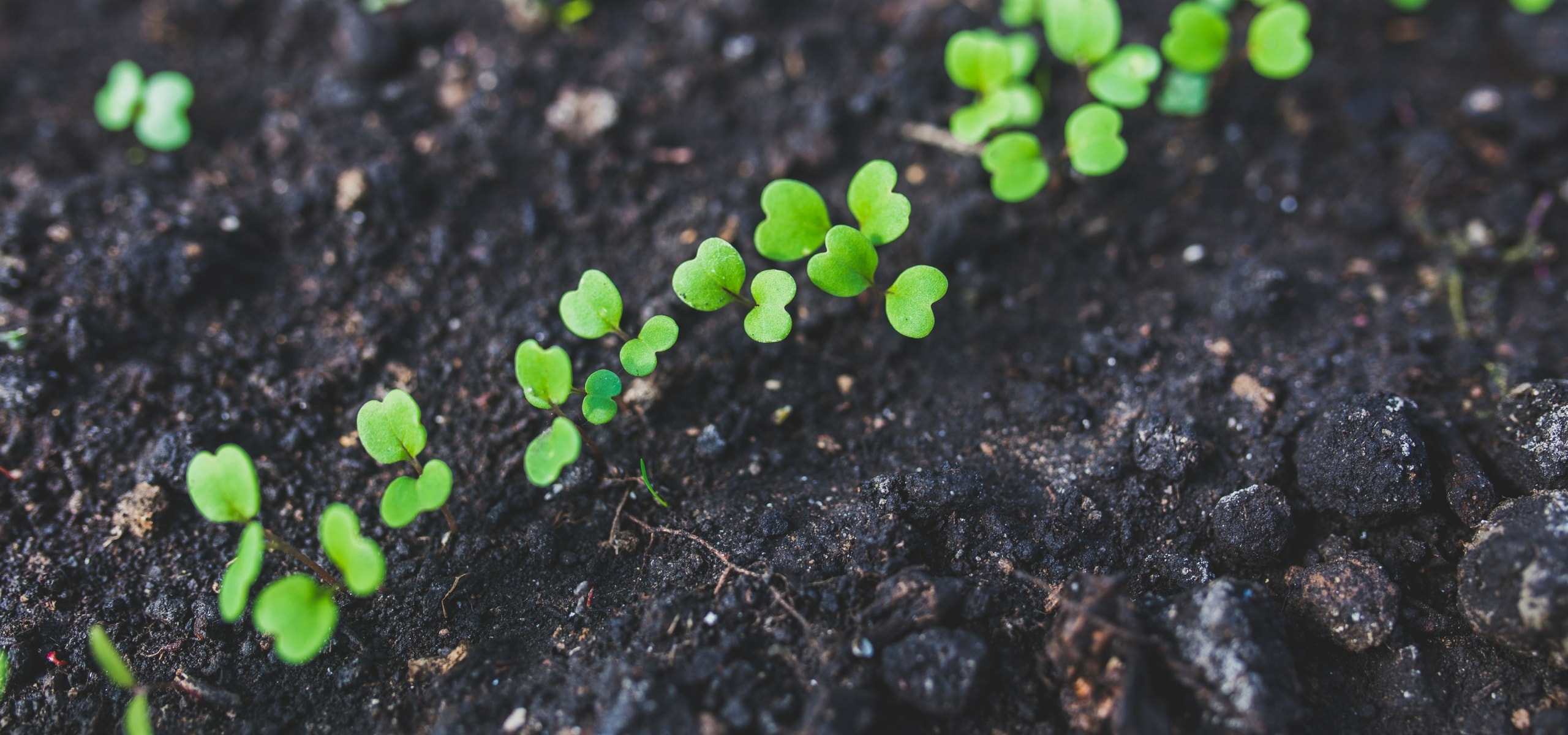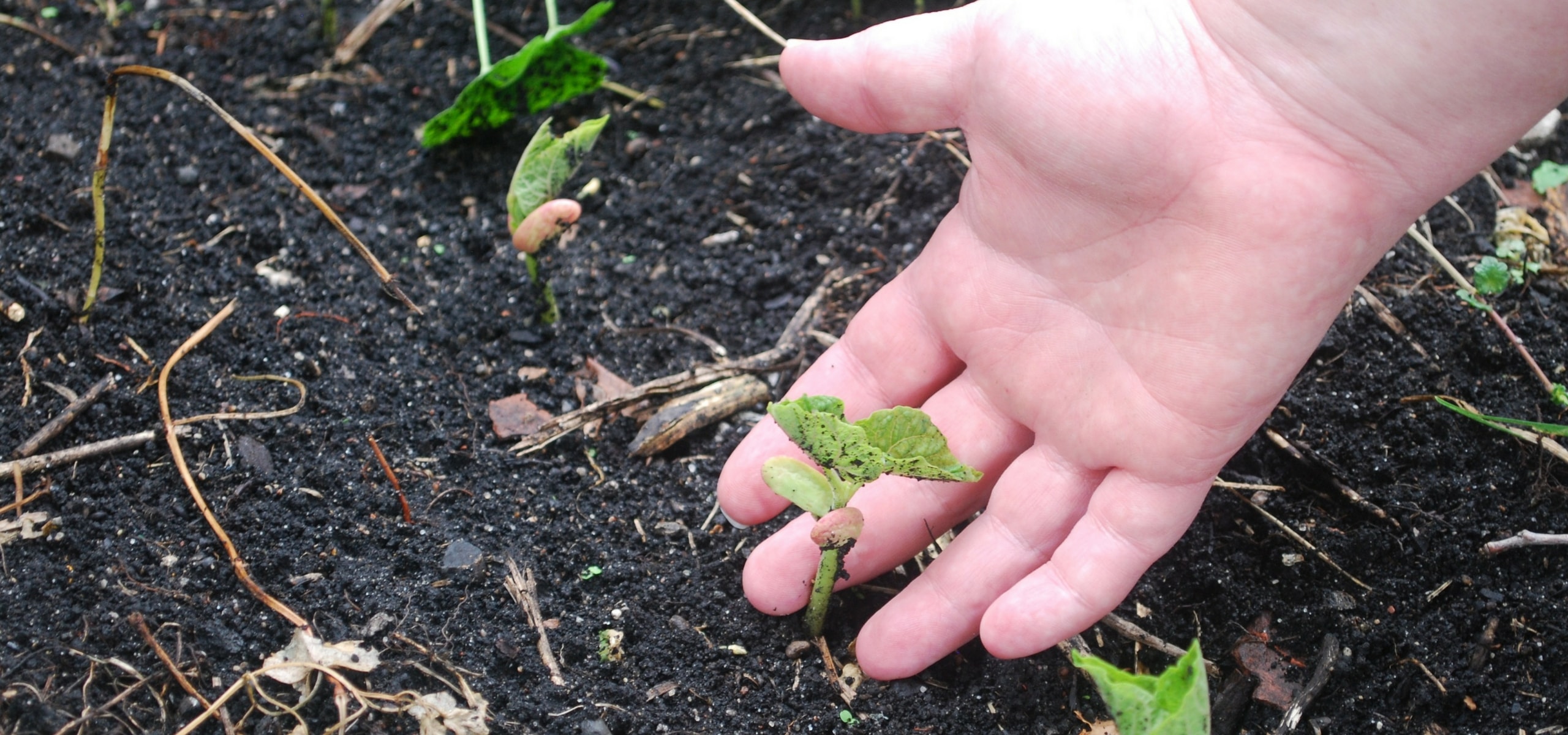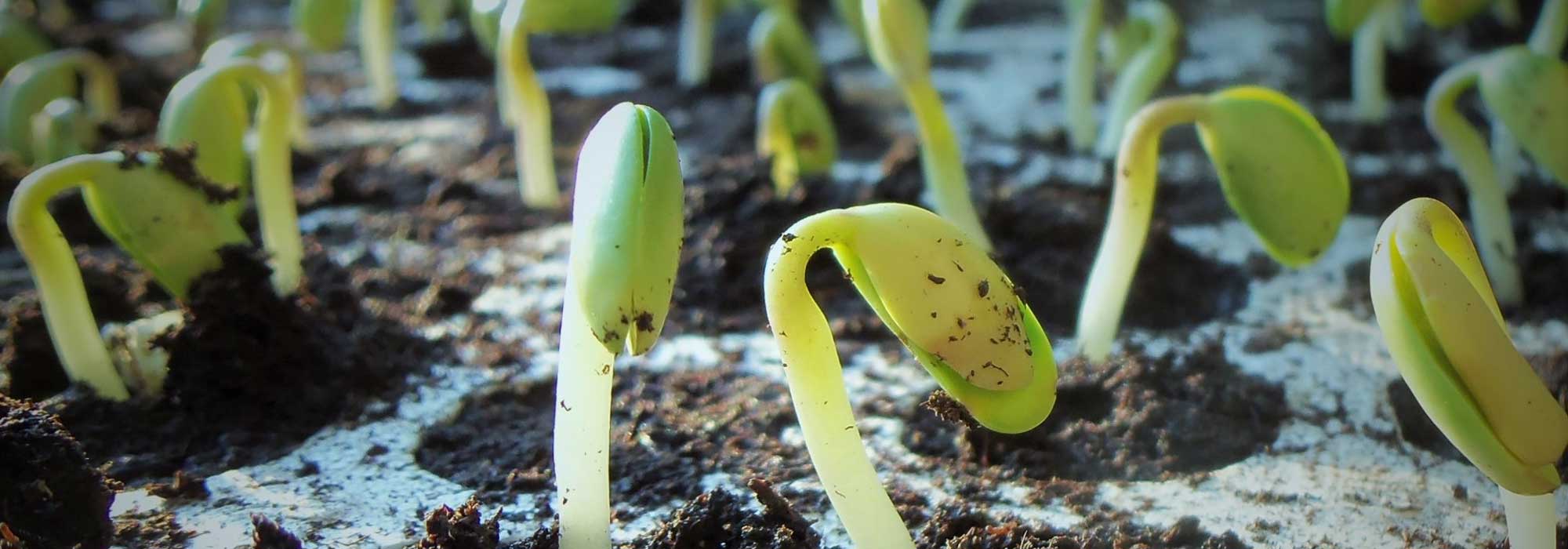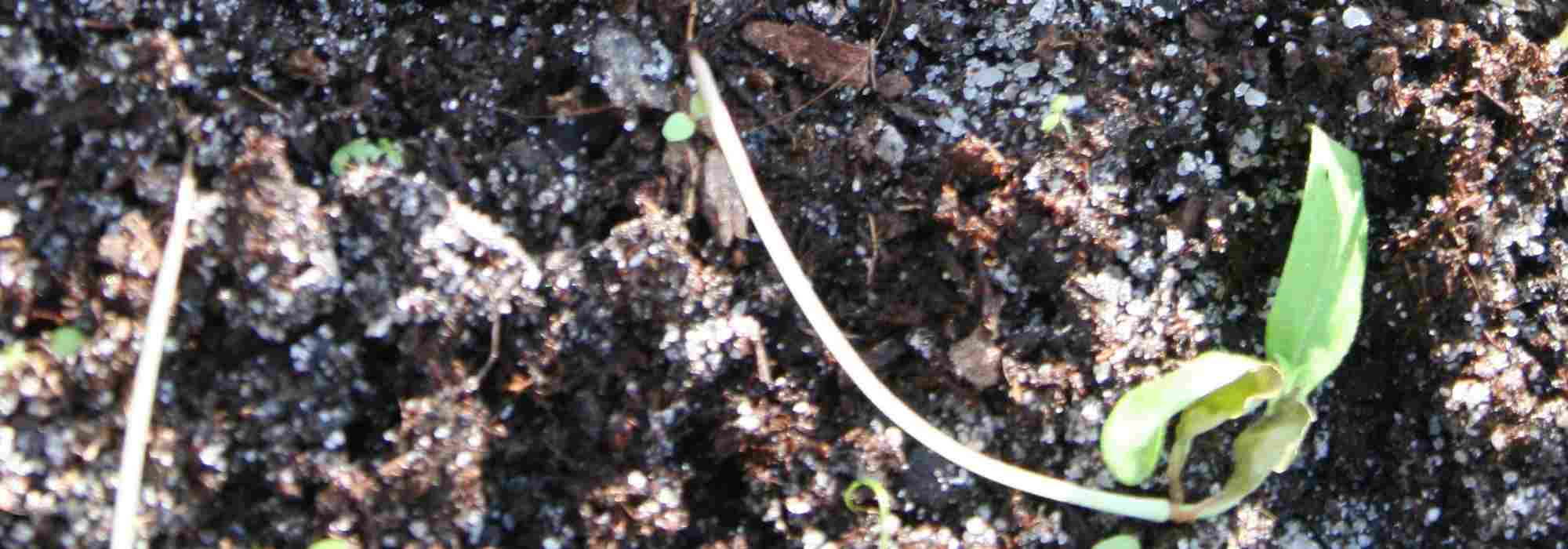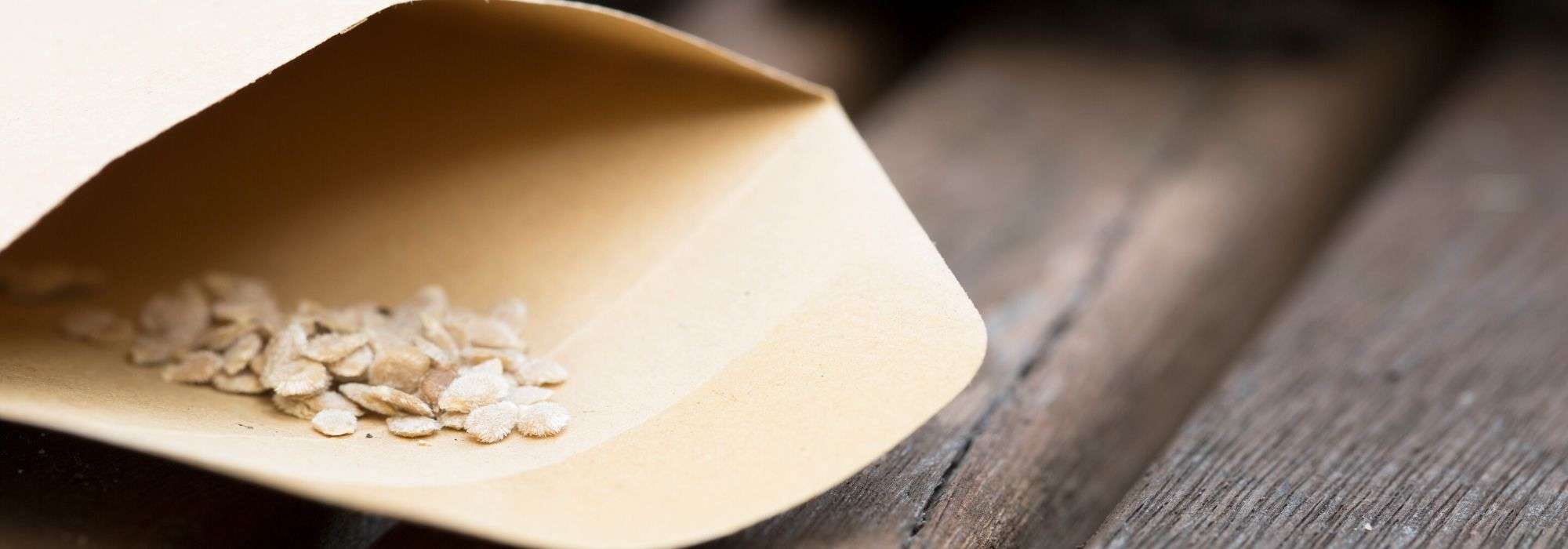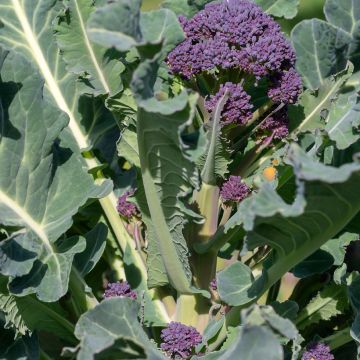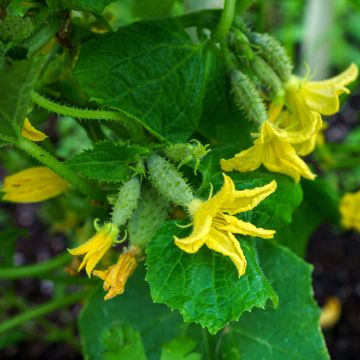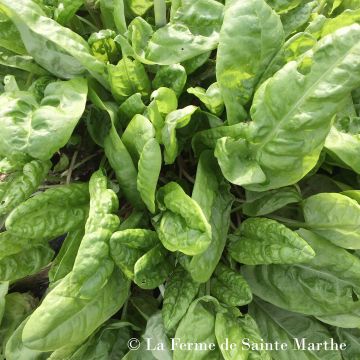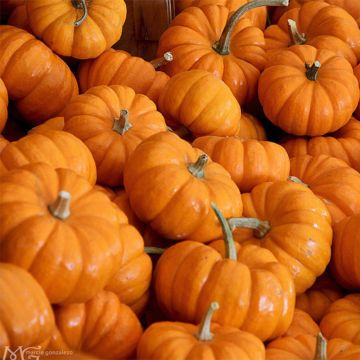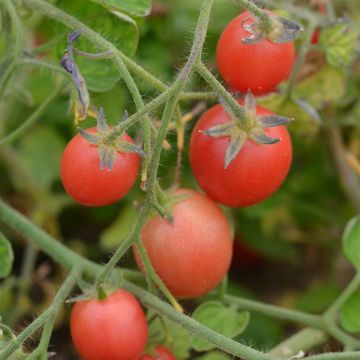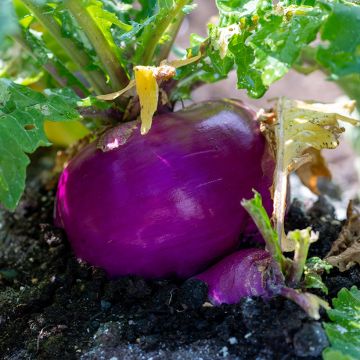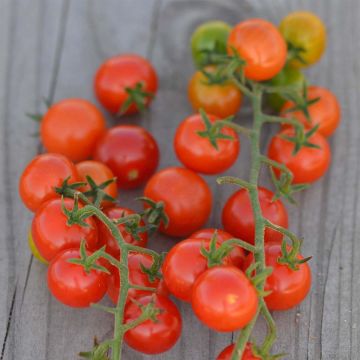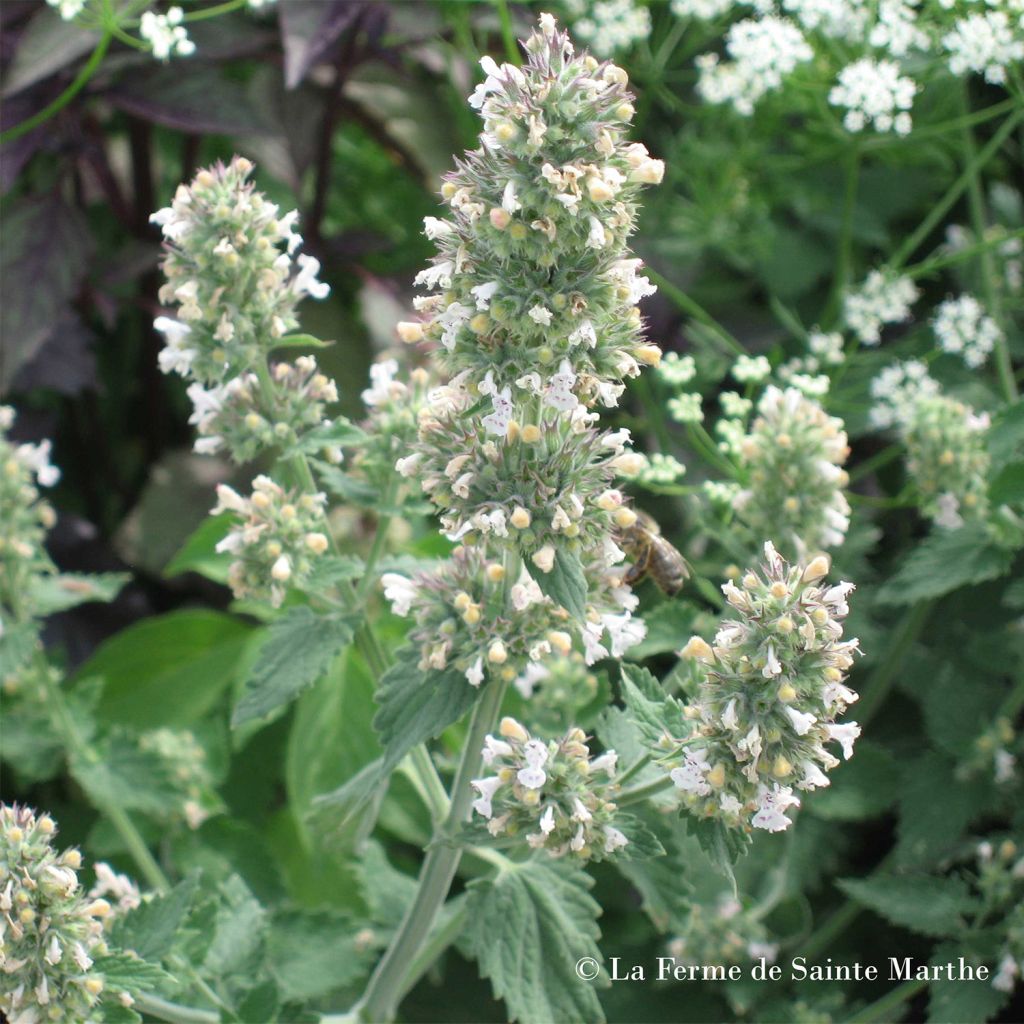

Cataire NT - Ferme de Ste Marthe
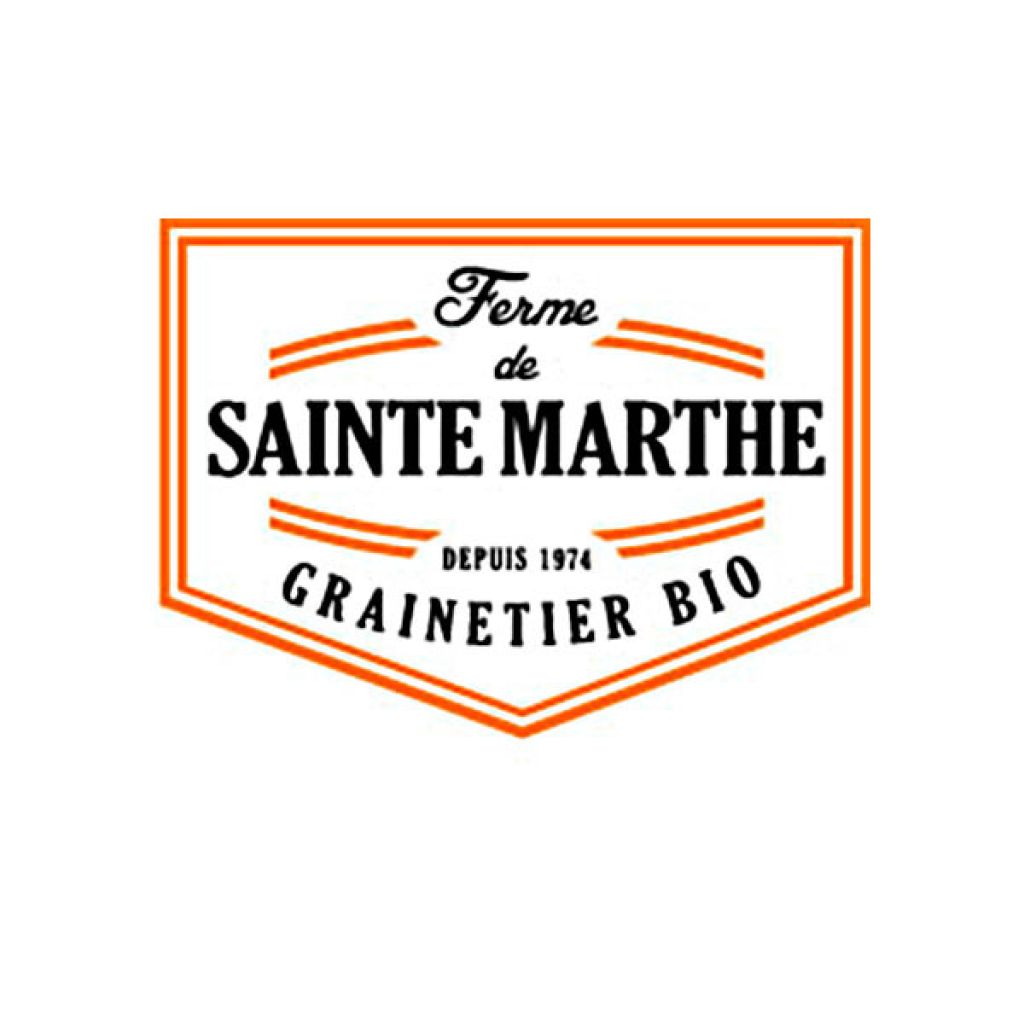

Cataire NT - Ferme de Ste Marthe
Nepeta cataria
Nepeta cataria
Catnip, Catmint, Catswort
Transplanted in the ground, the spikes proliferate and my cats love them.
Anna, 21/10/2023
Special offer!
Receive a €20 voucher for any order over €90 (excluding delivery costs, credit notes, and plastic-free options)!
1- Add your favorite plants to your cart.
2- Once you have reached €90, confirm your order (you can even choose the delivery date!).
3- As soon as your order is shipped, you will receive an email containing your voucher code, valid for 3 months (90 days).
Your voucher is unique and can only be used once, for any order with a minimum value of €20, excluding delivery costs.
Can be combined with other current offers, non-divisible and non-refundable.
Why not try an alternative variety in stock?
View all →This plant carries a 6 months recovery warranty
More information
We guarantee the quality of our plants for a full growing cycle, and will replace at our expense any plant that fails to recover under normal climatic and planting conditions.

Description
Catnip is a perennial aromatic, medicinal and ornamental plant that grows up to 30cm (12in) tall. It is cultivated for its foliage with a cumin flavour and a pronounced scent of menthol, which has the particularity of repelling insects and aphids. It also looks great in ornamental gardens, for example at the base of roses. Sow from March to April for a harvest 3 months later.
Originally from the Caucasus and belonging to the mint family, Catnip, also known as Nepeta, Catmint or Catnip, is considered a "weed" in the United States. It was used in the Middle Ages to fight fevers, colds, and flu. Catnip has relaxing, sedative, and antispasmodic properties. It is a powerful insect repellent.
Easy to grow and hardy down to -15 °C, Catnip will appreciate being planted in light, fresh, rich, and well-drained soil in a sunny spot. It can tolerate dry, poor, and rocky soils, but its flowering will be less abundant.
In heavy soils, it is recommended to add coarse sand and gravel to improve drainage.
Untreated or "NT" seeds come from conventionally grown plants (often with the use of pesticides), but they undergo no treatment after harvest. These seeds are allowed in organic farming when organic seeds are out of stock.
Harvest and storage: Catnip leaves can be harvested from July onwards. They should be dried in a dry and well-ventilated place.
Gardener's tip: Are cats fond of your freshly sown beds? Try to distract them! Did you know that they love Catnip so much that they roll around in it languidly? Indeed, its calming and euphoric effects trigger sometimes surprising reactions in feline companions, but don't worry, the effects wear off quite quickly and no serious addiction has ever been observed.
Report an error about the product description
Harvest
Plant habit
Foliage
Botanical data
Nepeta
cataria
Lamiaceae
Catnip, Catmint, Catswort
Cultivar or hybrid
Perennial
Other Herb seeds
View all →Planting and care
Sowing
The seeds are sown in a tray filled with fine soil, in a warm place in the house from February in a bright location. The temperature needs to exceed 15°C (59°F).
When the young plants have 2 to 4 leaves, they should be transplanted into pots of soil and placed in a warm location in a frame or in a tunnel.
The young plants should be transplanted when there is no longer a risk of frost, at a distance of 30cm (12in) in all directions.
Seedlings
Care
Intended location
Planting & care advice
-
, onOrder confirmed
Reply from on Promesse de fleurs
Similar products
Haven't found what you were looking for?
Hardiness is the lowest winter temperature a plant can endure without suffering serious damage or even dying. However, hardiness is affected by location (a sheltered area, such as a patio), protection (winter cover) and soil type (hardiness is improved by well-drained soil).

Photo Sharing Terms & Conditions
In order to encourage gardeners to interact and share their experiences, Promesse de fleurs offers various media enabling content to be uploaded onto its Site - in particular via the ‘Photo sharing’ module.
The User agrees to refrain from:
- Posting any content that is illegal, prejudicial, insulting, racist, inciteful to hatred, revisionist, contrary to public decency, that infringes on privacy or on the privacy rights of third parties, in particular the publicity rights of persons and goods, intellectual property rights, or the right to privacy.
- Submitting content on behalf of a third party;
- Impersonate the identity of a third party and/or publish any personal information about a third party;
In general, the User undertakes to refrain from any unethical behaviour.
All Content (in particular text, comments, files, images, photos, videos, creative works, etc.), which may be subject to property or intellectual property rights, image or other private rights, shall remain the property of the User, subject to the limited rights granted by the terms of the licence granted by Promesse de fleurs as stated below. Users are at liberty to publish or not to publish such Content on the Site, notably via the ‘Photo Sharing’ facility, and accept that this Content shall be made public and freely accessible, notably on the Internet.
Users further acknowledge, undertake to have ,and guarantee that they hold all necessary rights and permissions to publish such material on the Site, in particular with regard to the legislation in force pertaining to any privacy, property, intellectual property, image, or contractual rights, or rights of any other nature. By publishing such Content on the Site, Users acknowledge accepting full liability as publishers of the Content within the meaning of the law, and grant Promesse de fleurs, free of charge, an inclusive, worldwide licence for the said Content for the entire duration of its publication, including all reproduction, representation, up/downloading, displaying, performing, transmission, and storage rights.
Users also grant permission for their name to be linked to the Content and accept that this link may not always be made available.
By engaging in posting material, Users consent to their Content becoming automatically accessible on the Internet, in particular on other sites and/or blogs and/or web pages of the Promesse de fleurs site, including in particular social pages and the Promesse de fleurs catalogue.
Users may secure the removal of entrusted content free of charge by issuing a simple request via our contact form.
The flowering period indicated on our website applies to countries and regions located in USDA zone 8 (France, the United Kingdom, Ireland, the Netherlands, etc.)
It will vary according to where you live:
- In zones 9 to 10 (Italy, Spain, Greece, etc.), flowering will occur about 2 to 4 weeks earlier.
- In zones 6 to 7 (Germany, Poland, Slovenia, and lower mountainous regions), flowering will be delayed by 2 to 3 weeks.
- In zone 5 (Central Europe, Scandinavia), blooming will be delayed by 3 to 5 weeks.
In temperate climates, pruning of spring-flowering shrubs (forsythia, spireas, etc.) should be done just after flowering.
Pruning of summer-flowering shrubs (Indian Lilac, Perovskia, etc.) can be done in winter or spring.
In cold regions as well as with frost-sensitive plants, avoid pruning too early when severe frosts may still occur.
The planting period indicated on our website applies to countries and regions located in USDA zone 8 (France, United Kingdom, Ireland, Netherlands).
It will vary according to where you live:
- In Mediterranean zones (Marseille, Madrid, Milan, etc.), autumn and winter are the best planting periods.
- In continental zones (Strasbourg, Munich, Vienna, etc.), delay planting by 2 to 3 weeks in spring and bring it forward by 2 to 4 weeks in autumn.
- In mountainous regions (the Alps, Pyrenees, Carpathians, etc.), it is best to plant in late spring (May-June) or late summer (August-September).
The harvesting period indicated on our website applies to countries and regions in USDA zone 8 (France, England, Ireland, the Netherlands).
In colder areas (Scandinavia, Poland, Austria...) fruit and vegetable harvests are likely to be delayed by 3-4 weeks.
In warmer areas (Italy, Spain, Greece, etc.), harvesting will probably take place earlier, depending on weather conditions.
The sowing periods indicated on our website apply to countries and regions within USDA Zone 8 (France, UK, Ireland, Netherlands).
In colder areas (Scandinavia, Poland, Austria...), delay any outdoor sowing by 3-4 weeks, or sow under glass.
In warmer climes (Italy, Spain, Greece, etc.), bring outdoor sowing forward by a few weeks.































